Anthony Albanese urged to curb biosecurity power amid Scott Morrison ministerial revelations
Anthony Albanese faces calls to review the Act, which gives the health minister unilateral powers to override all laws.
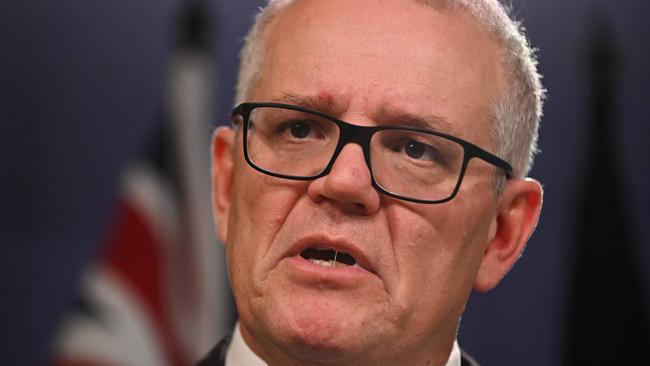
Anthony Albanese is facing calls to review the Biosecurity Act – which gives the health minister unilateral powers to override all Australian laws – as Scott Morrison said his secret ministerial appointments during the Covid-19 pandemic were “necessary”.
After an hour-long press conference in which Mr Morrison stared down demands for his resignation, Coalition MPs remained unconvinced by his decision to hide his appointments to the five senior portfolios of health, finance, Treasury, home affairs and resources.
The Governor-General, David Hurley, also distanced himself from Mr Morrison’s secrecy, saying he had “no reason to believe that appointments would not be communicated”.
Peter Dutton said the Coalition would work with the Albanese government to ensure no prime minister could secretly put themselves in charge of other ministries again.
Former deputy chief medical officer Nick Coatsworth told The Australian the Biosecurity Act should be reviewed in depth, amid concern it might confer too much power to a health minister when invoked.
His comments follow Mr Morrison being sworn in to administer the health department in March 2020, as revealed in the new book Plagued by The Australian’s Simon Benson and Geoff Chambers, in a bid to implement checks and balances on the unilateral powers held by the then health minister Greg Hunt. Mr Morrison said he had acted “completely lawfully” in having himself appointed – between March 2020 and May 2021 – to the health and other portfolios.
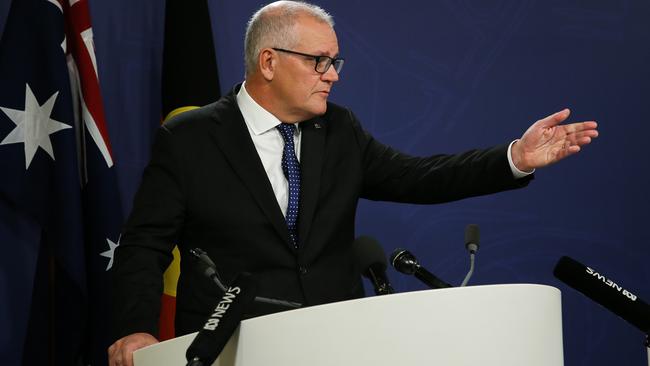
He insisted he would have told colleagues about his secret appointments if he needed to use specific ministerial powers in an emergency.
Mr Morrison claimed he did not let his colleagues know about the arrangements because he was concerned they could be “misconstrued and misunderstood”.
“There was a great risk that in the midst of that crisis those powers could be misinterpreted and misunderstood, which would have caused unnecessary angst in the middle of a pandemic,” he said.
As the Opposition Leader vowed to never make the same decisions as Mr Morrison, Coalition MPs were struggling to understand the former prime minister’s appointments to Treasury and home affairs on May 6, 2021, more than a year after the pandemic begun.
“I’m still trying to get my head around it,” one Liberal MP said.
A Nationals MP said the secret prime ministerial appointments didn’t happen in World War II. “He is not seriously suggesting the flu (Covid-19) is worse?” they said.
Dr Coatsworth, who gave advice to the government during the pandemic, expressed concern over the nature of the Biosecurity Act, which centralises power in one individual. He said all legislative instruments used during the pandemic should be evaluated as part of a wider inquiry.
During a human biosecurity emergency, which is triggered following advice from the chief medical officer, the incumbent health minister has unconstrained powers, including the ability to call in the military, shut down cities, instruct ministers and detain movement.
In one section, the health minister is able to override “any other Australian law”.
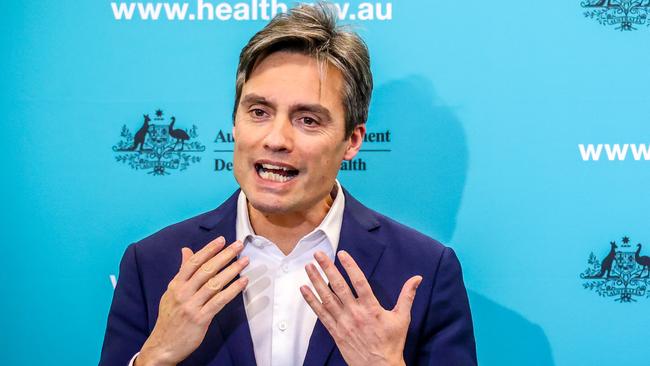
Dr Coatsworth was unsettled by the use of the legislation to stop Australian-Indian citizens from returning home but said it was used very effectively to prevent the spread of the virus in remote Indigenous communities in the Northern Territory.
“It is a very powerful instrument and if we take the general view that any centralisation of power in individuals deserves scrutiny, then we do need to look in-depth at the Biosecurity Act,” he said.
Nationals MP Barnaby Joyce, who brought forward the legislation in 2015, said it was a “great piece of work” that made substantial changes to ensure Australia’s agriculture was protected from pests and disease.
Mr Morrison on Wednesday said the invoking of the emergency biosecurity powers was unprecedented, and signalled it would be “worthwhile” for the Albanese government and relevant departments to look into what his government did.
Mr Dutton on Wednesday said the former prime minister did the “wrong thing” by giving himself the power to take charge of finance, home affairs, Treasury and resources.
He said the health appointment was different as it was done as a safeguard measure at the start of the pandemic to ensure Mr Hunt was not solely responsible under the Biosecurity Act.
“It’s appropriate he (Mr Morrison) has apologised because what he did clearly was the wrong thing in relation to the other appointments,” Mr Dutton told Tasmania Talks radio show.
“If I was prime minister, it’s not something I would’ve done.”
Attempting to justify the appointments on Wednesday, Mr Morrison said only he could understand the “weight of responsibility that was on my shoulders and no one else”.
The Prime Minister said this response was “just extraordinary” as he lashed Mr Morrison’s “evasive, defensive, passive-aggressive and self-serving” defence.
“I reckon that people who are nurses, people who are working in aged care, people who were working in emergency services, and retail workers, those who lost loved ones, those who were affected directly by the pandemic, I reckon they knew the weight of what was occurring,” Mr Albanese said.
In a statement on Wednesday, General Hurley clarified that the appointments were not considered by the federal executive council – which would have ensured at least several cabinet ministers were made aware of the changes – but done in writing.
“The Governor-General had no reason to believe that appointments would not be communicated,” his spokesman said. “It is not the responsibility of the Governor-General to advise the broader ministry or parliament (or public) of administrative changes of this nature.”



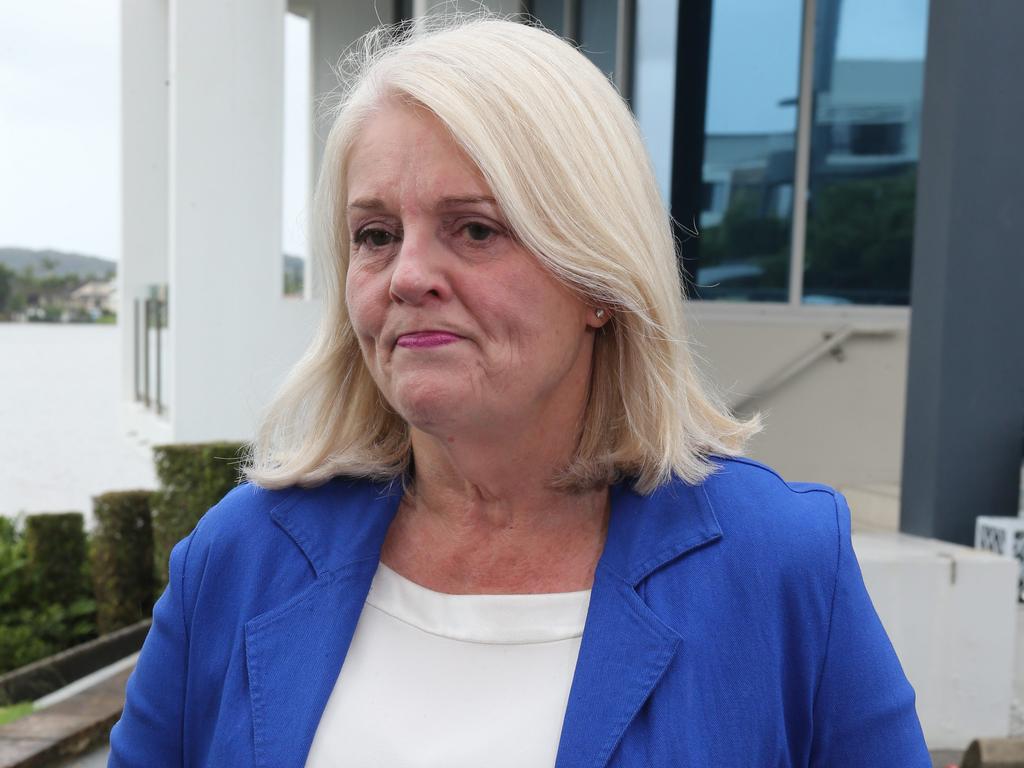

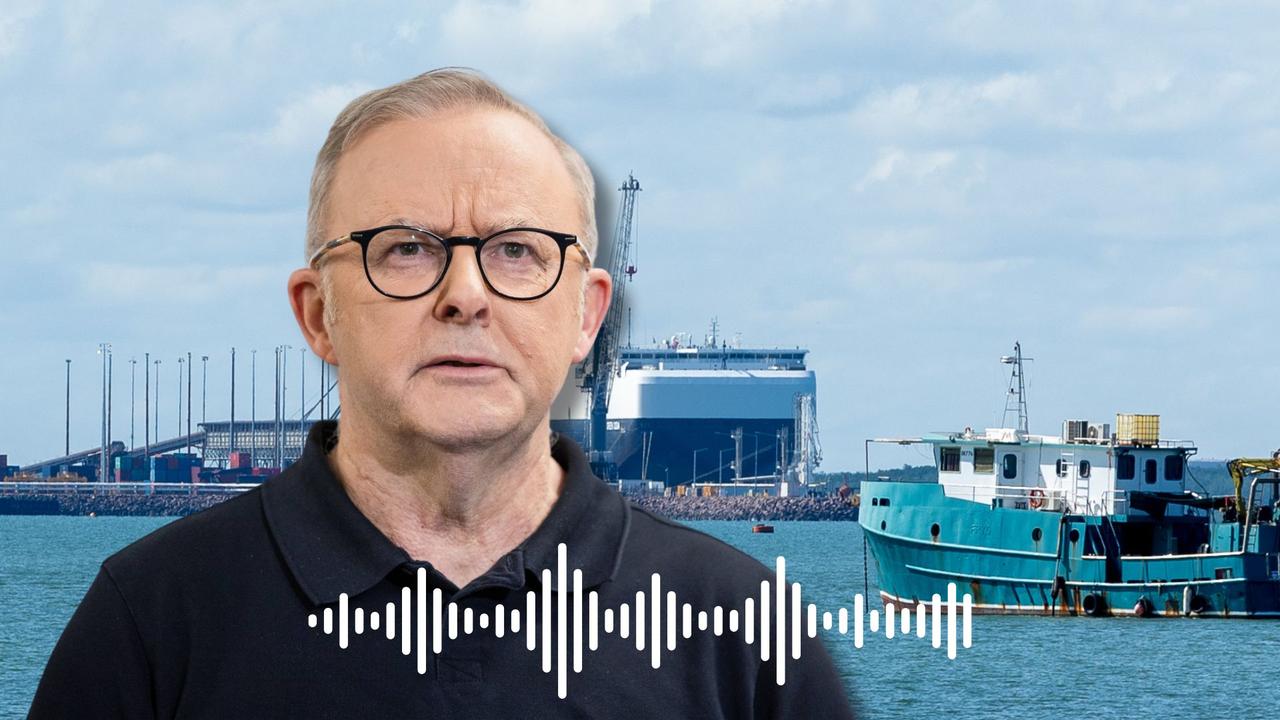
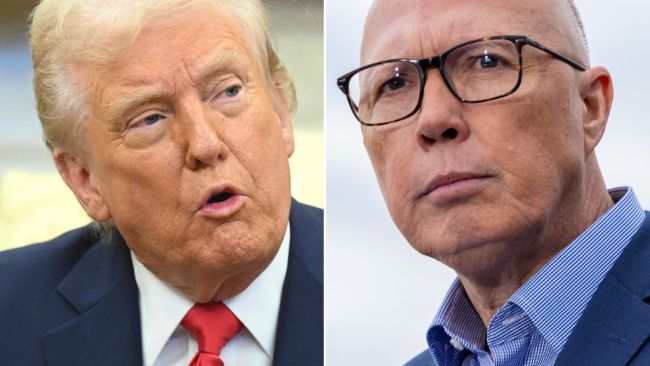
To join the conversation, please log in. Don't have an account? Register
Join the conversation, you are commenting as Logout